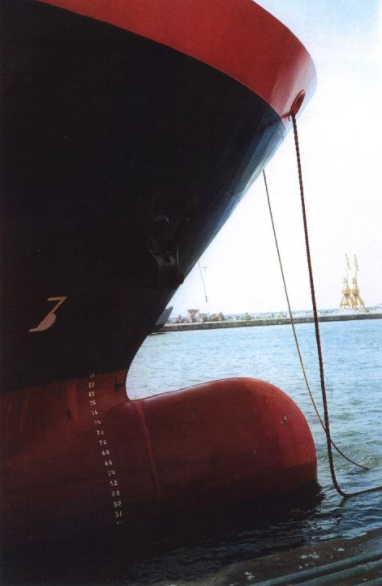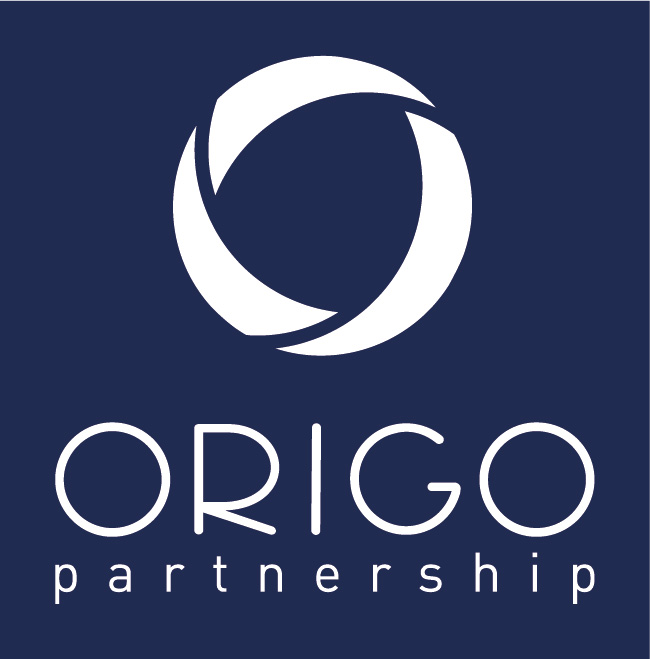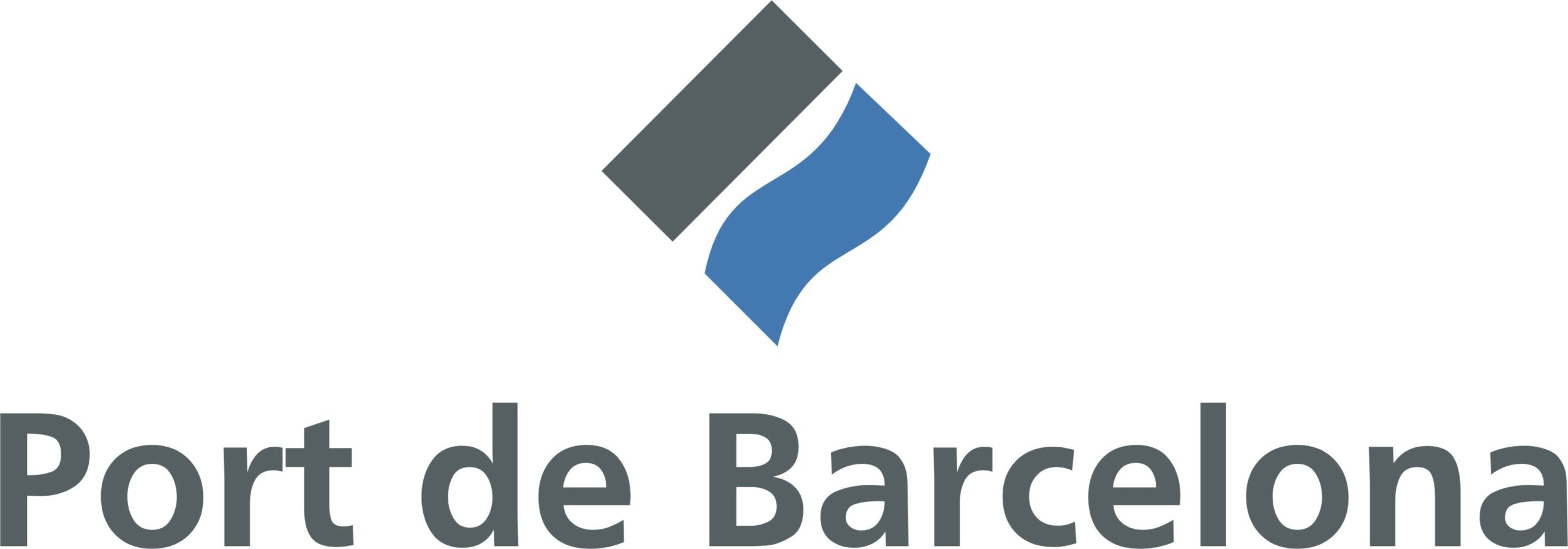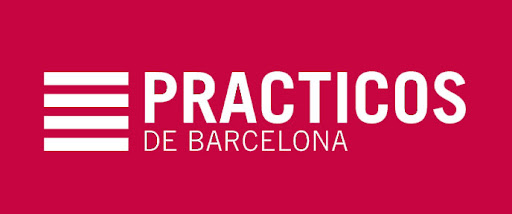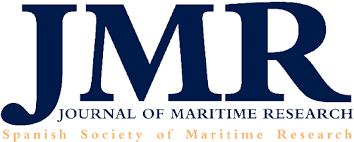- Home /
- Archives /
- No. 8 (2020) /
- Articles
Make a Submission
Maritime Transport
Photo Gallery
Call
Organising Committe
Scientific Committe
Thematic Areas
Registration Fee and Attendance form
Social Activities
Program
Dates and deadline
Information
Photo Gallery

